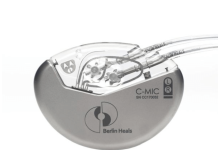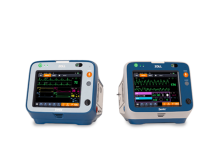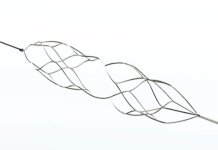Medical technology company Stimvia has announced initial positive results from its pilot study for a new add-on treatment for patients with Parkinson’s disease (PD).
The study focused on the use of the company’s non-invasive URIS neuromodulation device, which has shown potential to improve the quality of life for PD patients.
Related: Zeta Surgical sees positive results in guided neurosurgery trial
It involved 12 PD patients who met the inclusion criteria. They underwent daily 30-minute sessions of stimulation using the URIS device for six weeks.
Following this treatment phase, the patients entered a six-week observation period without stimulation to evaluate the lasting effects of the therapy.
Stimvia is set to release the complete data from the pilot study in the coming months.
The URIS technology is designed to operate on the principle of electrical transcutaneous nerve modulation (eTNM).
Stimvia CEO Lukas Doskocil said: “Since the URIS technology demonstrated a positive impact in treating Parkinson’s disease, Stimvia plans substantial investment in further clinical trials to validate the method’s efficacy and safety.
“We believe our technology can introduce new, additive treatment modalities for millions of patients who currently have no other options, potentially offering a positive disease-modifying impact on those with Parkinson’s disease.”
Stimvia’s URIS technology has already demonstrated efficacy in treating overactive bladder, a condition affecting an estimated 40 million people in the US alone.
Ostrava University Medical Faculty Science and Research vice-dean and study lead professor David Skoloudik said: “We are pleased to share preliminary findings indicating promising results. Patients have reported improvements in both the number of Parkinson’s disease symptoms and their overall quality of life.
“Furthermore, we have observed a notable reduction in resting tremor. While the precise data are still under rigorous evaluation, we remain cautiously optimistic about the potential implications of these outcomes.”




